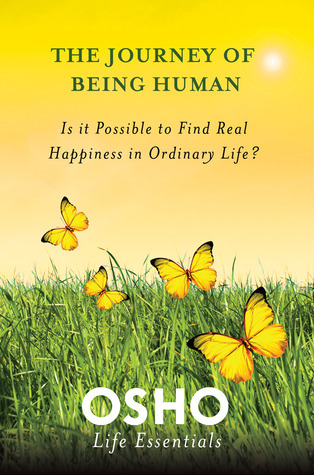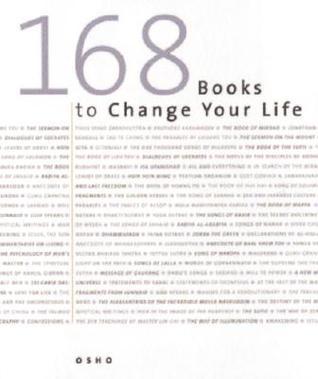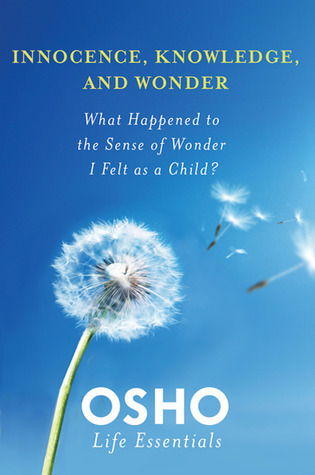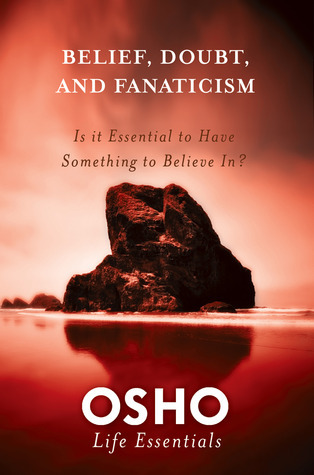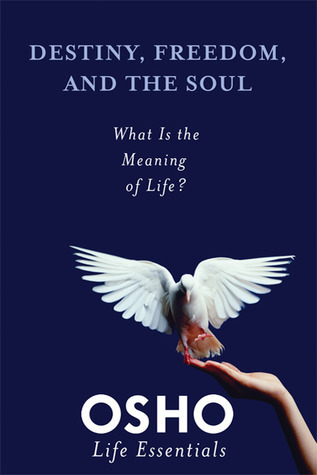
Destiny, Freedom, and the Soul
Book Description
What if your destiny isn’t just written in the stars, but shaped by the choices you make? Dive into the profound insights of Osho as he unravels the interplay between freedom and the essence of the soul. Each page invites you to question societal norms, explore your inner landscape, and discover how autonomy transforms fate. With compelling arguments and enlightening perspectives, this journey blurs the lines between predestination and self-determination. Are you ready to reclaim your power and redefine your destiny? Unlock the secrets radiating from within and confront the ultimate question: Who truly holds the pen to your life story?
Quick Book Summary
"Destiny, Freedom, and the Soul" by Osho explores the intricate relationship between fate, free will, and the deepest essence of our being. Drawing from both Eastern philosophies and modern psychological insights, Osho challenges preconceived notions about destiny as an unchangeable script. He asserts that while certain circumstances shape us, true freedom lies in our capacity for awareness and conscious choice. Osho encourages readers to look beyond societal conditioning, urging them to rediscover their authentic selves through meditation and mindfulness. The book serves as an invitation to embrace inner transformation, positing that when we awaken to our true nature, we can participate in the creation of our destiny. Ultimately, Osho’s discourse is a call to reclaim autonomy, become aware of the soul’s potential, and transform fate into a dance of freedom and self-realization.
Summary of Key Ideas
Table of Contents
The Illusion of Predestination and Personal Responsibility
Osho begins by deconstructing the conventional belief in predestination, suggesting that what we often call fate is an intricate tapestry of inherited tendencies, cultural influences, and unconscious patterns. He posits that while certain aspects of life are shaped by circumstances beyond our immediate control, clinging to the idea of a fixed destiny can be disempowering. Instead, Osho encourages individuals to take responsibility for their lives by embracing awareness and presence, planting the seeds for true freedom.
Awareness as the Pathway to Freedom
Central to Osho’s philosophy is the practice of self-awareness. He asserts that with deepening awareness, one gains the space to make conscious choices rather than simply reacting to external events or internalized habits. This inner wakefulness awakens a sense of agency, creating openings where previously only fate seemed to operate. Osho illustrates how, through mindfulness, individuals can step out of repetitive behavioral loops and begin to participate in the crafting of their own destinies.
Societal Conditioning versus the Authentic Self
Osho also examines how societal conditioning creates layers over the authentic self, masking the soul's unique potential. From childhood, we inherit beliefs, identities, and fears from our families, cultures, and religions. These external factors gradually form our sense of self, but in doing so, often hinder our ability to experience genuine freedom. Osho asks readers to question these inherited norms, arguing that freedom and individuality can only blossom when we discard what is borrowed and rediscover what is inherently our own.
Meditation as a Tool for Soul Realization
Meditation is presented as the primary tool for realizing the soul's essence. For Osho, meditation is not merely a practice of relaxation but a transformative process that aligns us with our true nature. Regular meditation enables us to observe our thoughts, emotions, and desires impartially, dissolving the boundaries between the conscious and unconscious. In this clarity, the soul’s voice emerges, illuminating the path of authentic living and freeing us from the bonds of fate.
Transforming Fate through Conscious Choice
Ultimately, Osho envisions life as a creative interplay between destiny and freedom. While certain patterns and circumstances are inevitable, our conscious response to them determines the trajectory of our lives. By cultivating awareness and challenging the false self imposed by society, we gain the ability to reshape our story. The book concludes with the empowering idea that each person, by awakening to their soul’s nature, holds the pen to their own life and can transform destiny into a journey of freedom and enlightenment.
Download This Summary
Get a free PDF of this summary instantly — no email required.


